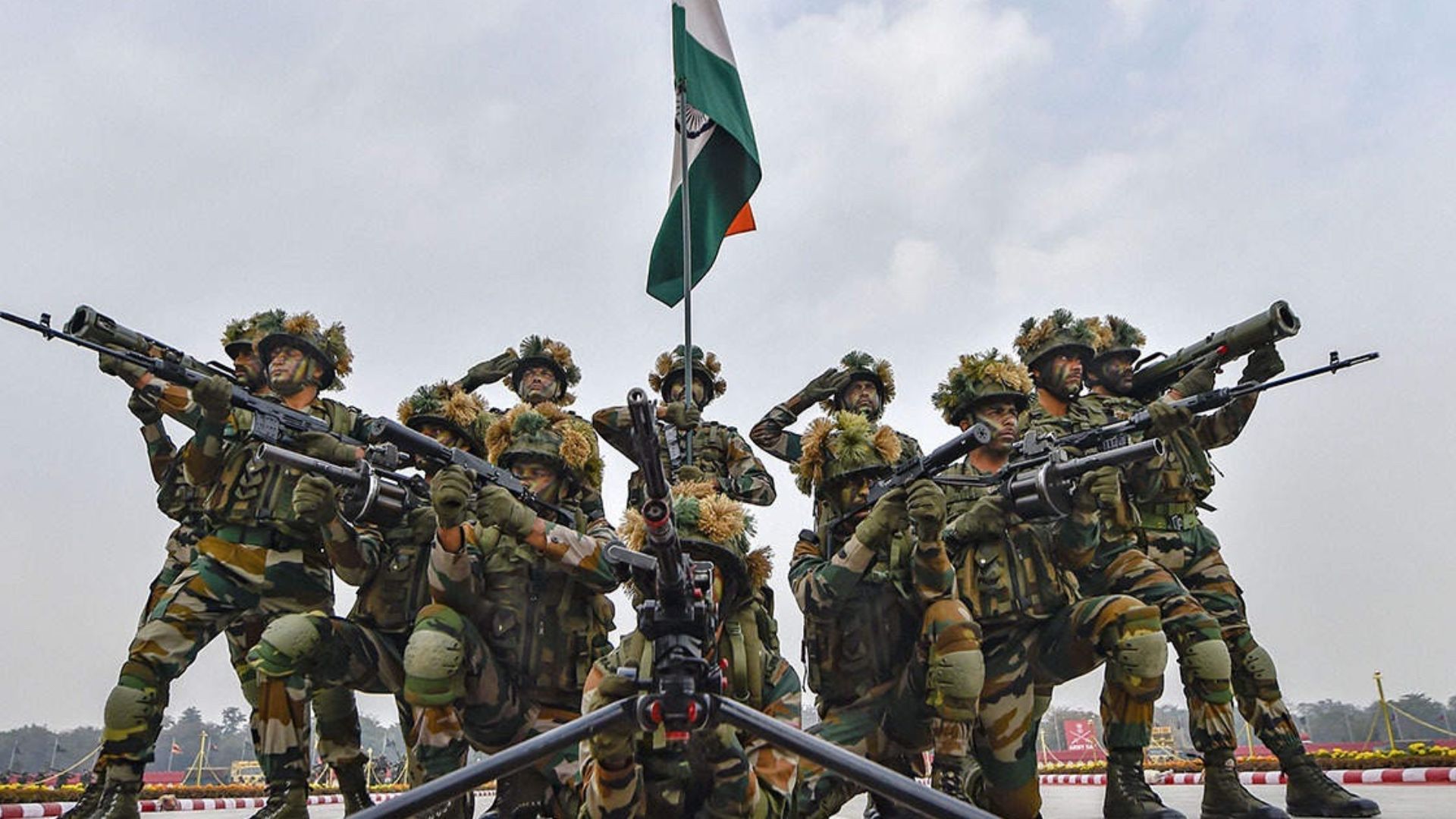The Indian Army is ramping up efforts to integrate artificial intelligence (AI) into its operational framework, recognising the technology’s pivotal role in shaping modern warfare. With global rivals rapidly adopting AI-driven systems, India’s military leadership views AI as essential for enhancing operational efficiency and maintaining strategic superiority.
According to senior military officials, a key element of the Army’s AI strategy revolves around robust data management and intelligence extraction. The ability to process vast amounts of operational data is critical for effective decision-making in operations, logistics, and administration. However, challenges such as data scarcity or information overload often impede rapid decisions. AI-powered systems, particularly those utilising Large Language Models (LLMs), are expected to bridge these gaps by streamlining data analysis and supporting real-time decision-making.
The Indian Army is deploying AI across multiple domains, including intelligence, surveillance, and reconnaissance (ISR), autonomous systems, and cyber security. AI enhances ISR operations by improving satellite imagery processing, signal intelligence analysis, and real-time data interpretation. In the realm of autonomous systems, AI facilitates decision-making, hazard detection, and adaptive navigation in unmanned aerial and ground vehicles (UAVs and UGVs).
Cyber security remains a critical focus, with AI being deployed for advanced threat detection, intrusion prevention, and malware identification. AI-driven simulation and training systems are also being developed to generate dynamic battlefield scenarios, supporting customised training modules that prepare personnel for unpredictable combat environments.
Officials indicate that predictive analytics is a major component of the Army’s AI adoption strategy. By leveraging AI for predictive threat detection and operational forecasting, the Army aims to pre-empt and neutralise potential risks. Collaborations with domestic defence firms and global industry
Global defence firms have also taken notice of India’s AI push. Companies such as Thales have reported the integration of AI tools in their Indian engineering centres, while tech giants like Microsoft have pledged significant investments in India’s digital infrastructure, including a $3 billion commitment to data centres in Telangana.
India’s institutional focus on AI dates back to 2018 with the launch of its national AI strategy. The establishment of a Defence AI Council and a Defence AI Project Agency in 2019 laid the groundwork for defence-centric AI projects. By 2021, the Army had demonstrated its AI capabilities with an autonomous swarm of 75 aerial drones during a major military exercise, signalling its readiness to embrace AI-powered combat systems.
Looking ahead, military sources suggest that AI’s role will extend into strategic planning, wargaming, and long-term operational analysis. Potential future applications include AI-enabled manned-unmanned teaming (MUM-T) between armoured vehicles and drones, advanced intrusion detection systems, and AI-powered aircraft recognition solutions.
Defence experts assert that future conflicts will be defined as much by data and algorithms as by traditional firepower. By embedding AI into its operational core, forging partnerships with leading technology firms, and investing in homegrown innovation, the Indian Army is positioning itself to meet evolving security challenges with agility and precision.
Aritra Banerjee is a defence & security columnist.

